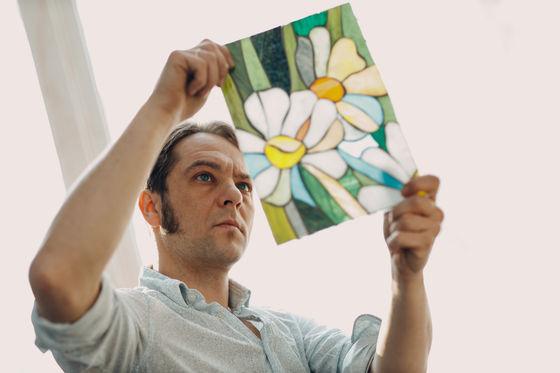What do you learn from psychologists about what you should/shouldn't do to become a good listener?

Everyone must have had the experience of ``the other person was talking one-sidedly and didn't listen to what I had to say''. Listening to what the other person has to say is essential for smooth communication, but becoming a good listener is not easy. Fay Short, a professor of behavioral science at Bangor University in the UK and a chartered psychologist, explained the methods that professional counselors use to build relationships with clients.
How to be a good listener - and how to know when you're doing it right
Mr. Short says, ``To be a good listener is to have empathy,'' but this ``empathy'' is also the one that is most easily misunderstood among the listening skills. The misconception is that in order to understand another person, you need to experience what the other person has experienced.

Just as two people can go through the same challenges and difficulties and feel completely different, just because you've been through the same thing as someone doesn't mean you'll understand them. . As a result, the only way to understand how someone else feels is to 'listen and ignore the stereotype that they feel the same way you do,' says Short.
What is important when listening to what the other person has to say is the ``
People view everything through this 'glass window,' and glass already has colors and distortions caused by genetic and other biological factors. In addition, experiences gained throughout life are accumulated as scratches and dirt on the glass, so each person's glass window is like the stained glass of an old church, and this changes the way things are seen and the world view. It affects a lot. Therefore, no one sees the world as it really is, but everyone sees things through a filter created by their biological background and life experiences.

Based on this, returning to the original topic, in order to become a good listener, it is necessary to ``make an effort to see the world through the speaker's lens''. Mr. Short summarized the important points as follows.
◆Don't say, 'I feel sorry for the scratches on the glass.'
Feeling sorry for the broken glass window of another person's heart is sympathy, not understanding. Because it's possible to sympathize with someone even when you're not listening to them at all.
Short points out that, ``While there is nothing wrong with being compassionate in and of itself, feeling sorry doesn't mean you understand the other person's feelings or experiences.'' Masu.
◆Do not attempt to repair scratches or stains on the glass.
It is true that removing scratches and dirt from the glass will make the other person's vision clearer, but doing so is like denying the other person's personality or trying to pretend that part of their life experience never happened.
As mentioned above, whether it's a bad experience or a great experience, the scratches carved on the glass are the very steps of a person's life, so no one has the right to deny them, Short said.

◆Don't ignore the marks on the glass
While you shouldn't force your way into the other person's values, it's also not a good idea to ignore the scratches on the glass. Therefore, you need to ask what experiences caused the scratches and stains on the other person's glass and listen carefully to their answers.
The important thing to keep in mind here is to focus on being a listener. When people hear about other people's experiences, they often tend to talk about themselves and say, ``I had a similar experience,'' but this is not a good listener.
◆What to do when you can't get to the heart of the matter
No matter how hard you try to listen, the conversation won't progress unless the other person opens up and shares their experiences. In particular, it can be difficult for anyone to talk about the harsh experience that led to the scratch on the glass.
According to Short, in such cases, you can get a glimpse of the other person's worldview by asking them how they feel about speaking in public in the first place. For example, if you have a hard time talking about yourself, you may have been bullied during your school days, which may have left you with a scratch on your glass, making you think that the world is full of people who make fun of your failures. .

Regarding tips for becoming a better listener, Short concludes by saying, ``If you practice seeing the world through the frame of reference of the person you're speaking to, you're less likely to misunderstand or rush to a solution, and you're more likely to build a deeper relationship.'' This is how a counselor builds a relationship with a client. When rapport , or trust, is built through careful listening, you genuinely feel like you want to hear and understand what the person has to say. 'You won't feel like interjecting or trying to steer the conversation your way.'
Related Posts:
in Note, Posted by log1l_ks







